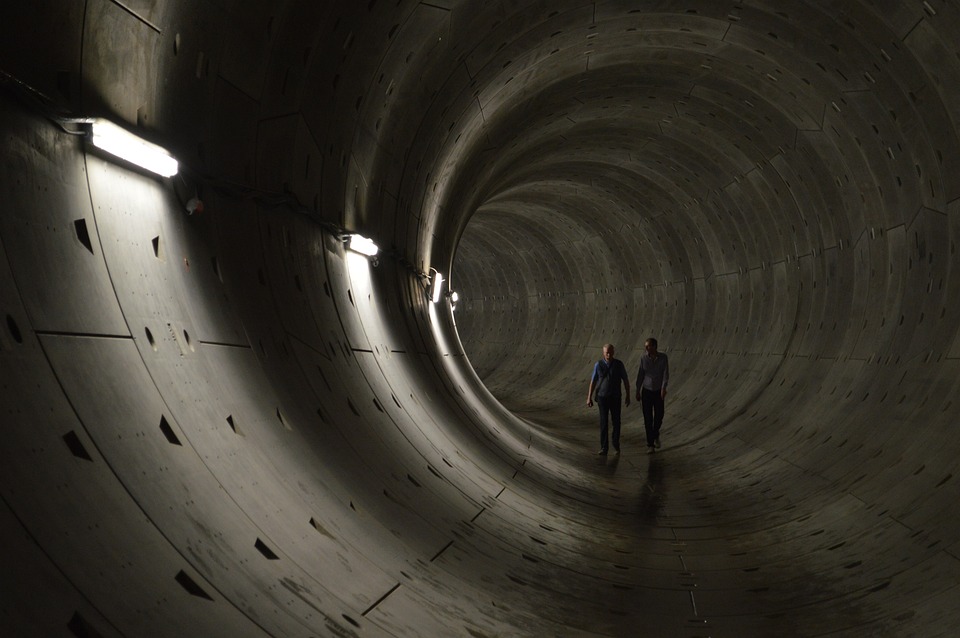It is commonplace these days to be a Christian and to have friends who have left the faith. My wife and I knew a couple who were high school sweethearts, grew up going to church together, attended an evangelical private school, went to college and got married. At some point things broke down. Together they left the faith together before divorcing. One of them now practices a blend of magic and New Age religion. The other would simply just be classified as one of the “Nones”, those who don’t have any religious affiliation. The details of their story are unique, even if the pattern is not, and we have plenty of friends who fit within it. Likely as not you do too. People who grew up in the church but have left in adulthood are not uncommon. At times, they feel like the norm, and recent research has tried to sound a warning bell.
Login to read more
Sign in or create a free account to access Subscriber-only content.
Topics:
